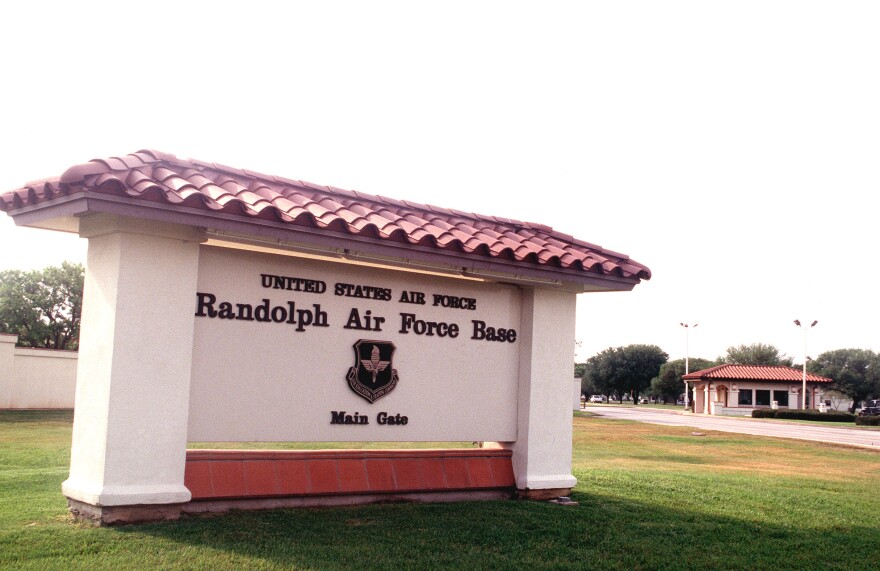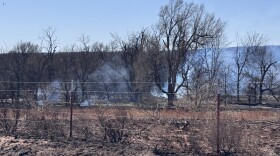A federal appeals court has upheld a lower court ruling that limits compensation to a family that lived in toxic mold and pest-infested base housing at JBSA-Randolph.
The ruling will prevent Army Lt. Col. Shane Vinales and his wife and family from receiving further damages they claim they suffered from living in privatized base housing. The attorney for the family, Ryan Reed, says an arcane Texas law is being upheld by the court.
"The plaintiffs were subjected to 1950 Texas landlord tenant law and were deprived of all of their claims and legal protections that they would have against landlords if they lived just off of the base and had a different private landlord," he said.
Vinales' suit was filed against Hunt Military Communities, one of several companies that sprang up in the wake of The Military Housing Privatization Initiative, established in 1996 as part of the National Defense Authorization Act. This initiative allowed the Department of Defense to partner with private companies with the stated goal of improving the quality of military housing.
"The question is, in these cases, should it apply to the housing that is run by privatized landlords operating on military bases in disputes with military families who are the tenants?" Reed said.
The ruling will potentially affect thousands of military families who have pending litigation. The court of appeals blamed congress for not enacting new laws to protect military personnel.
Reed says Congress should take immediate action.
"Enact laws or allow state laws to apply on these bases. That's how these housing companies can be held accountable."
The case will be appealed to the U.S. Supreme Court.
Reed says his legal team also plans to pressure Congress to act.
"In light of the Fifth Circuit suggesting that Congress needs to provide laws, we will be lobbying heavily with congressional officers, on behalf of military families for legislation that provides them greater protection."
Copyright 2025 Texas Public Radio







